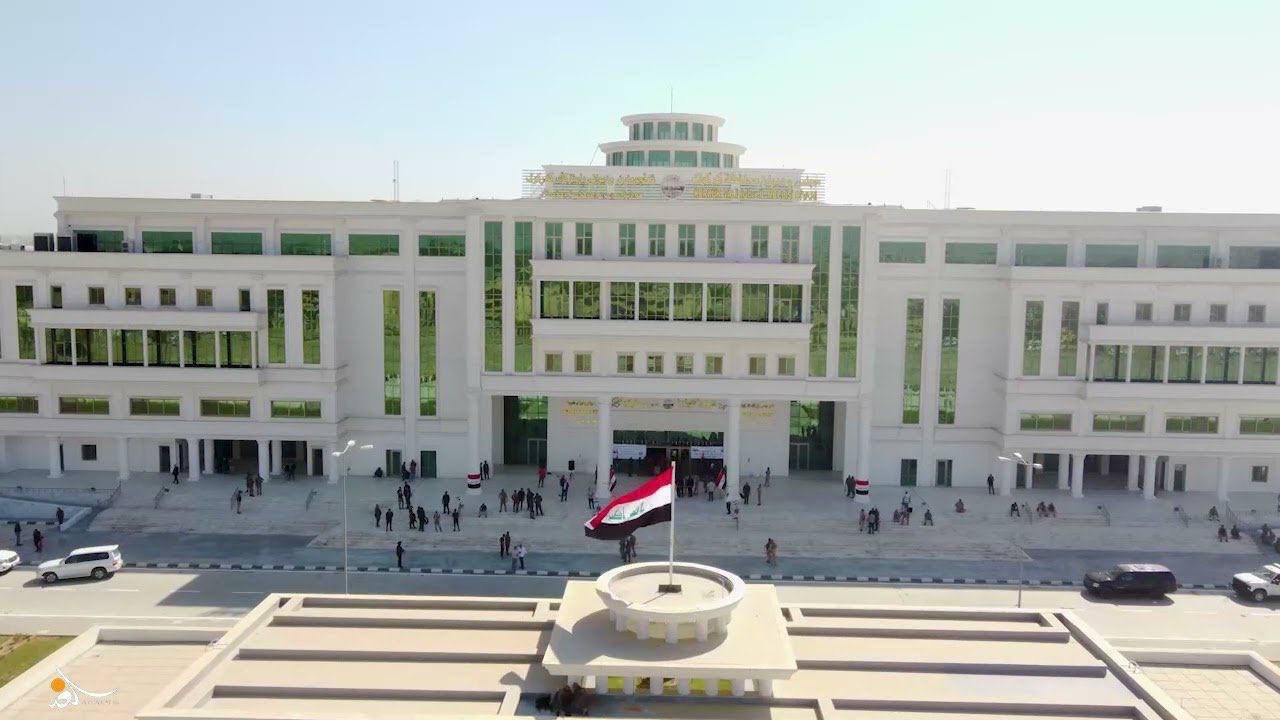New Report Maps Ethnic Distribution of Kirkuk’s Security, Administrative, and Oil Posts

According to a new report by an Iraqi parliamentary committee established to create balance in Kirkuk’s public positions, Kurds, despite holding the governorship and the largest share of provincial council seats, remain significantly underrepresented across the province’s administrative roles.
Context: The report was prepared by a parliamentary committee operating under Iraq’s provincial coordination authority to reorganize and establish equitable representation among Kirkuk’s different ethnic communities. In Kirkuk’s provincial council, Kurds collectively hold seven seats, Arabs six seats, Turkmen two seats, and Christians one quota seat.
Findings: According to the committee’s analysis, ethnic representation across different sectors of Kirkuk’s administration breaks down as follows:
Kirkuk Ethnic Distribution Across Public Posts
District Governors (4 total)
National Security Posts
North Oil Company Management
Oil Company Departments (44 total)
North Oil Company Total Employees (12,500)
Districts and Sub-districts (Qaimaqams)
- Arabs: 3
- Turkmen: 1
- Kurds: 0
National Security Posts (by share)
- Arabs: 56%
- Turkmen: 38%
- Kurds: 6%
- Christians: 0%
North Oil Company — Management Positions
- Arabs: 67%
- Turkmen: 17%
- Kurds: 8%
- Christians: 8%
North Oil Company — Employees
- Arabs: 6,000
- Turkmen: 3,800
- Kurds: 2,500
- Christians: 200
North Oil Company — Departments (44 total)
- Arabs: 28 (64%)
- Turkmen: 13 (30%)
- Kurds: 2 (5%)
- Christians: 1 (2%)









